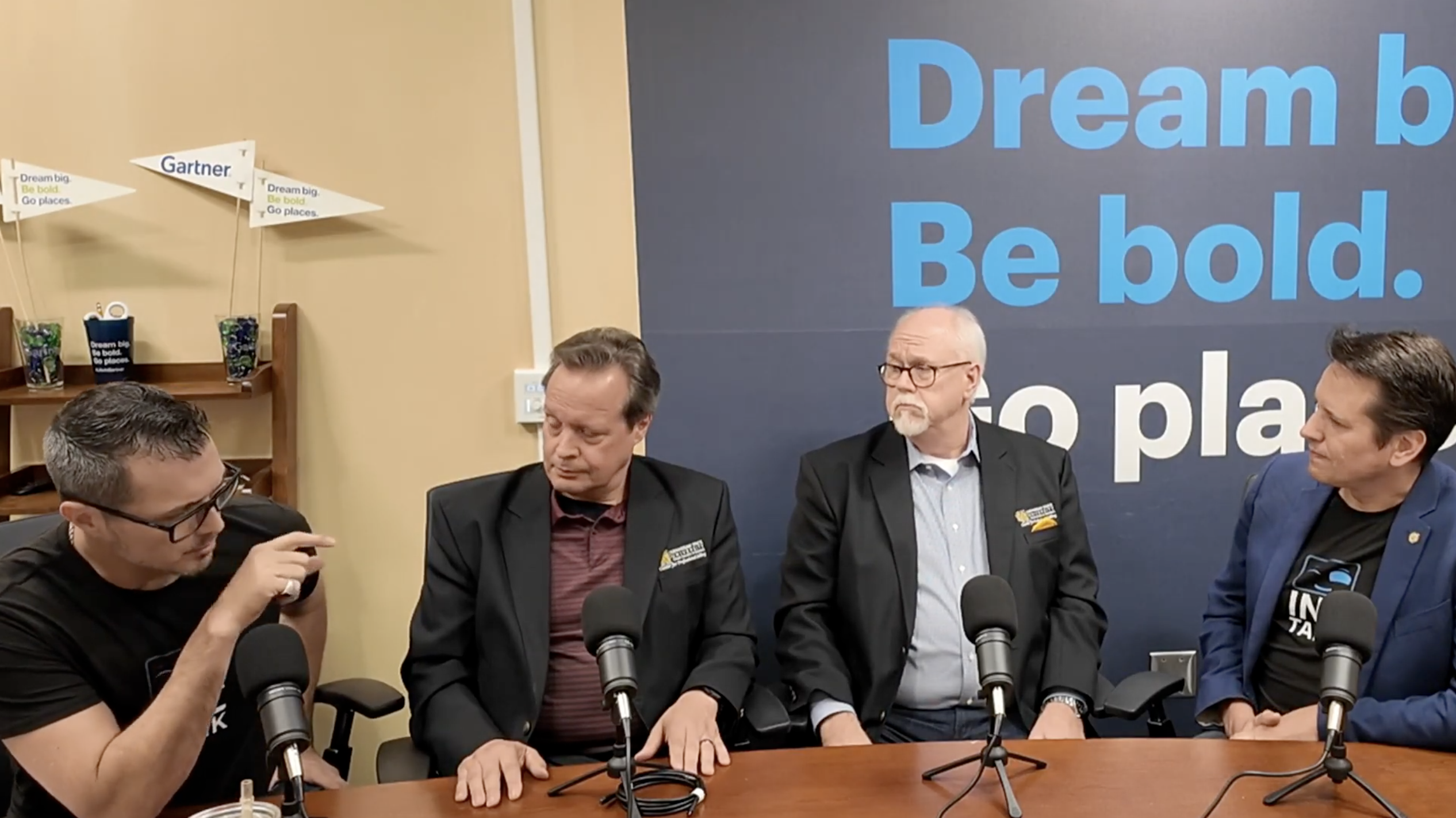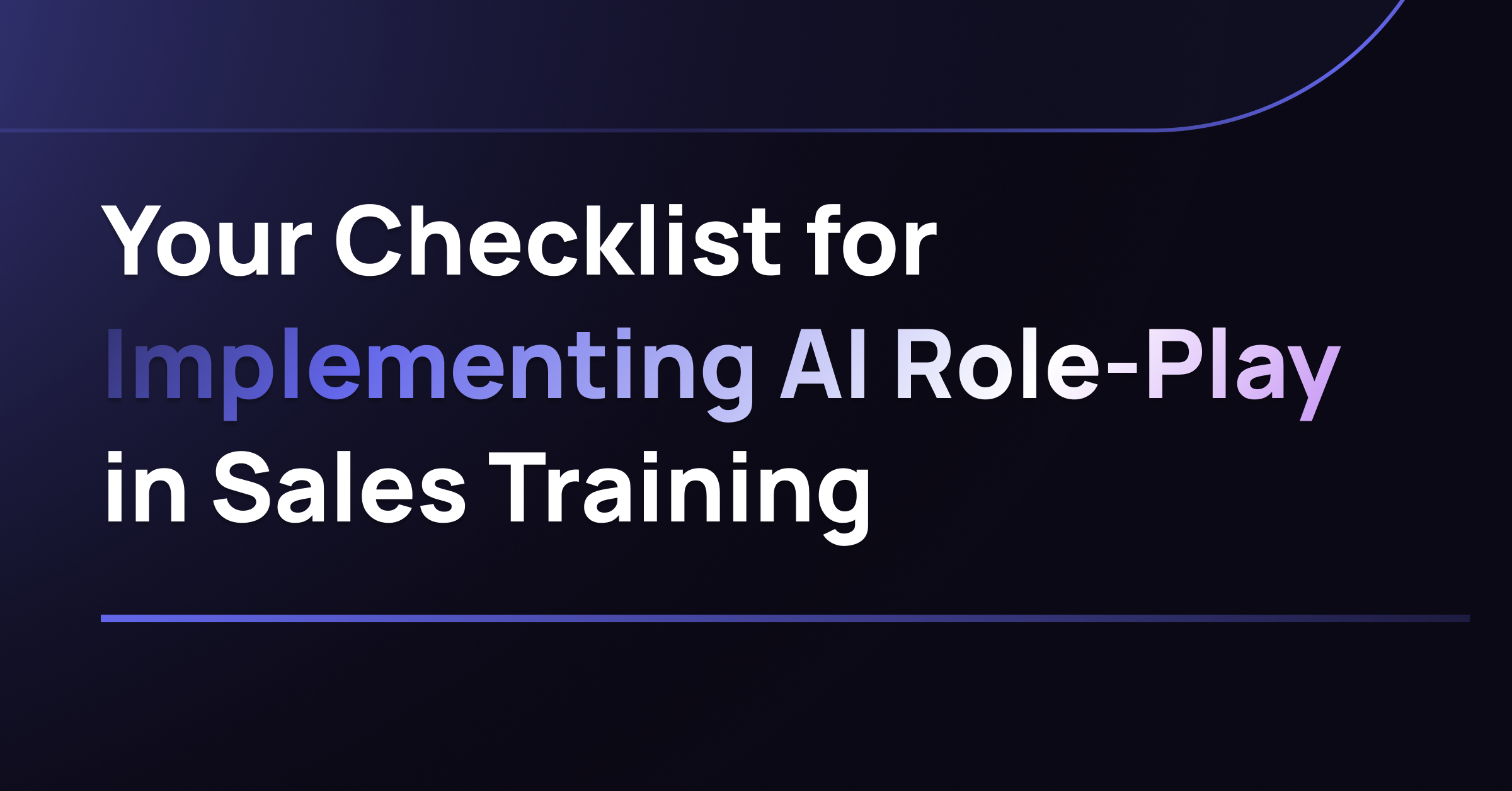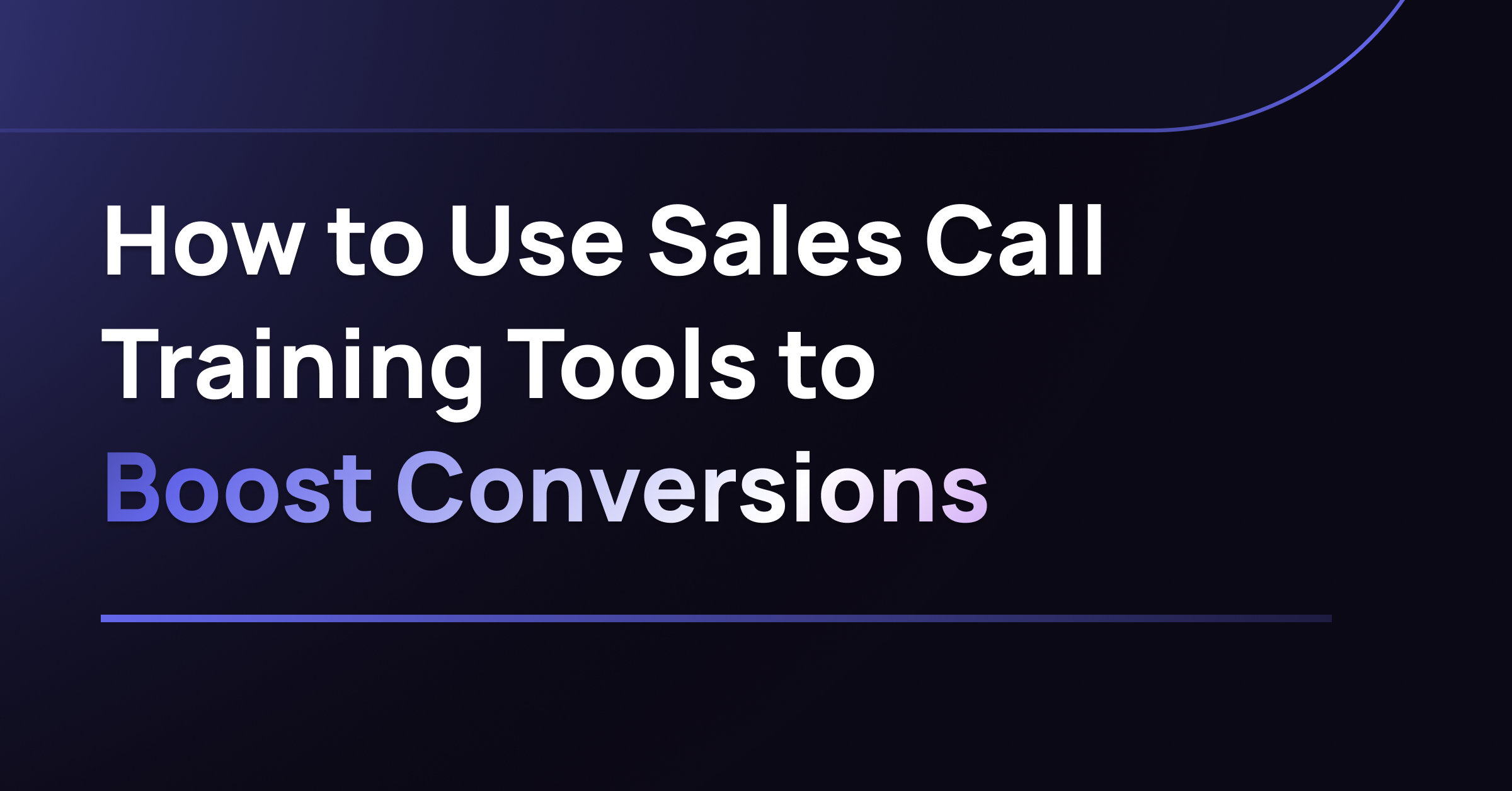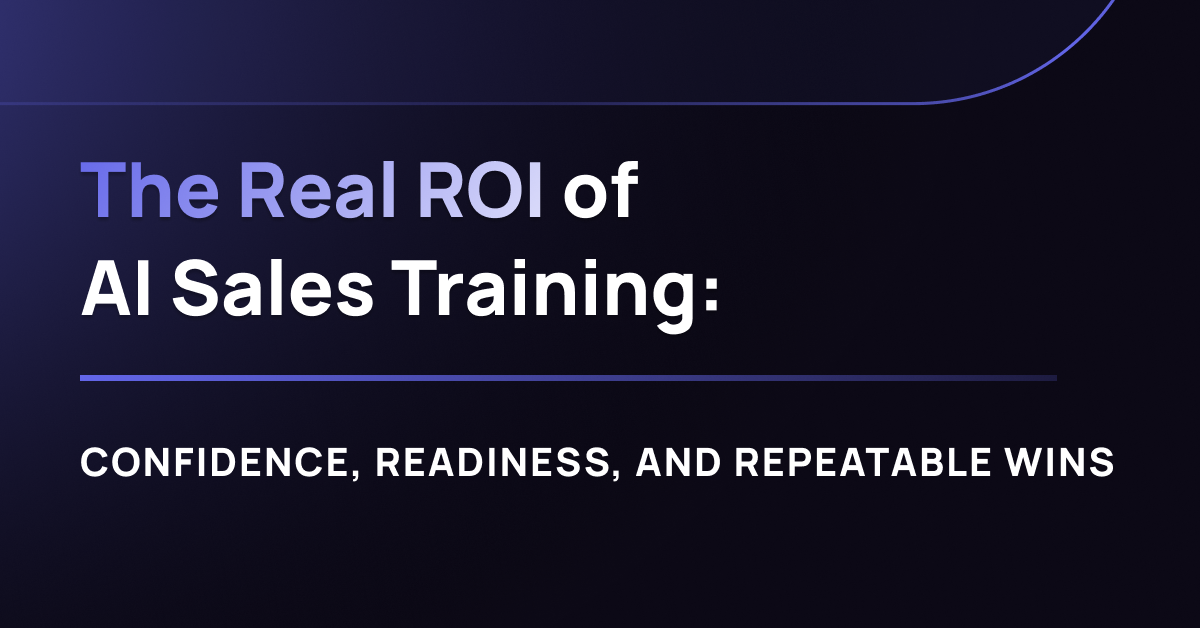Most sales leaders understand the clear benefits of role-play: sharper messaging, increased rep confidence, and better preparedness for high-stakes customer conversations. Yet, the reality is that many well-intentioned role-play initiatives fizzle out after just a few weeks. The core challenge isn’t a lack of belief in the value of practice, but rather the significant operational hurdles that make traditional role-play unsustainable.
Consider the typical trajectory: a new program launches with enthusiasm, reps participate actively, and managers invest time in providing feedback. However, the daily pressures of sales soon take precedence. Calendars become packed, urgent deals demand immediate attention, and managers find their time stretched thin. Consequently, role-play sessions become less frequent and eventually disappear from the schedule.
This pattern isn’t unique. Companies like Salesforce recognized similar issues early on, which led to the creation of their Trailhead platform—a scalable, self-paced training environment that reduced reliance on manager time and increased rep engagement.
The fundamental bottlenecks lie in the heavy time investment required from frontline managers. For a team of just ten salespeople, a manager can easily spend a significant portion of their week on tasks such as scheduling individual practice sessions, developing relevant and realistic scenarios, delivering personalized and consistent feedback, and attempting to track team-wide participation. These demands often make sustained, manual role-play programs impractical in the fast-paced sales environment. In fact, Harvard Business Review reports that frontline managers spend only about 20% of their time on coaching, underscoring the strain they’re already under.
When consistent role-play falters, the impact on the sales organization is significant. Reps lose valuable opportunities to hone critical sales skills, new hires take longer to become proficient, experienced reps can lose their edge, and managers miss crucial chances to identify coaching needs proactively.
The key takeaway isn’t that sales leaders need more convincing about the importance of role-play. What’s truly needed is a more efficient and scalable way to operationalize it.
James Clear, author of Atomic Habits, reminds us that “You do not rise to the level of your goals. You fall to the level of your systems.” Most sales leaders want to role-play more—it’s not a goal problem. But without a system that makes practice frictionless, it won’t stick. That’s why operationalizing role-play is critical: it transforms intention into behavior.
This requires a shift towards solutions that:
- Empower independent practice: Allowing reps to engage in meaningful practice without constant manager involvement.
- Provide immediate, AI-driven feedback: Enabling reps to learn and adjust in real-time.
- Automate performance tracking: Minimizing the administrative burden on managers.
In Part 2 of this series, we will delve into practical strategies for implementing scalable role-play within your organization.






.png)
.png)
.png)





.png)





.png)



.avif)